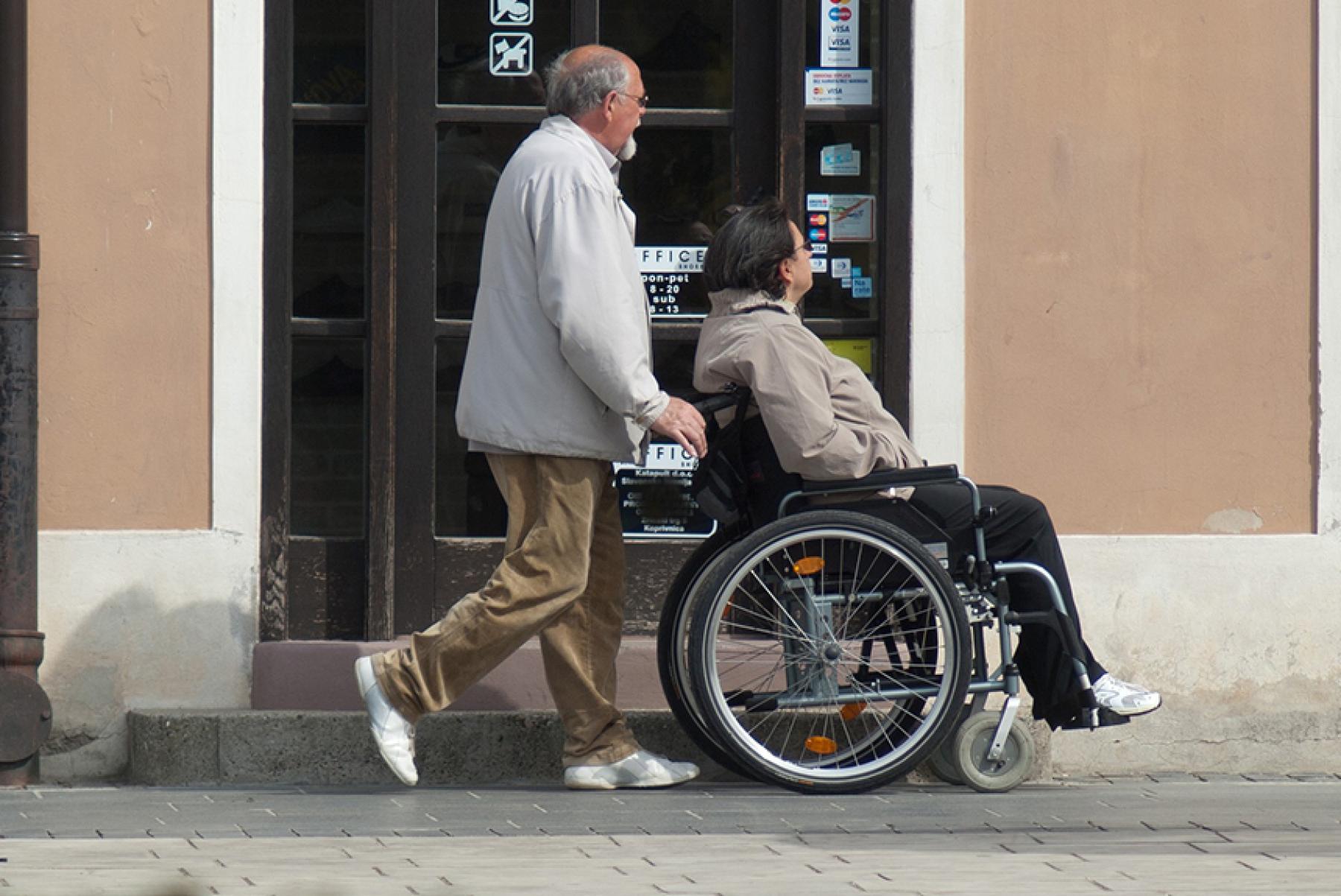Colorado Drops in Long-Term Care Scorecard

Colorado fell from fourth to eighth in the nation for how well it supports seniors and those with disabilities, according to the 2017 AARP Long-Term Services and Support Score Card.
The Centennial State dropped in three of five indicators, including Affordability and Access, Choice of Setting and Provider, and Quality of Life and Quality of Care.
Colorado made its best showing in the Support for Family Caregivers category, jumping from 16th place to second. And it held on to the number 11 spot for Effective Transitions.
The American Association for Retired Persons (AARP) released its newest Long-Term Services and Support Care (LTSS) scorecard today, comparing 2017 with 2014, its last report.
Colorado Missed the Mark
The state lost the most ground in Affordability and Access, moving from number fifth to 12th. In this category, the percentage of low-income adults with ADL disabilities – the inability to perform routine activities such as eating and bathing – who are enrolled in Medicaid dropped one percentage point to 57.2 percent. This moved Colorado from 10th place to 15th.
In the Quality of Care measurement, Colorado dropped from number two in the nation to number 20 when it comes to the rate of employment for adults with disabilities between the ages of 18 and 64 compared with adults without disabilities. Colorado’s 23.3 percent employment rate for this group is still higher than the 21.9 percent median for all states.
The low scores for Colorado do not stop there: Colorado’s lowest rank on the 2017 scorecard is in the percentage of subsidized housing units. The median for all states is 5.8 percent, but Colorado stands at 4.4 percent – which is up .2 percentage points from 2011. While not a direct indicator of care, access to housing is an essential component of LTSS.
A Glance at Success
The state came in at number 31 for the percentage of people with 90+ day nursing home stays who successfully transitioned back into the community. The state saw a .9 percentage point decrease over three years. Despite this drop, Colorado was just shy of the top 10 states for Effective Transitions, but held onto spot 11 from the 2014 scorecard.
Colorado jumped from 16th to second in Support for Family Caregivers. It is tied with 10 other states for top ranking in Nurse Delegation and Nurse Practitioner Scope of Practice, which means having the ability to train family members to deliver care. Colorado is also number one in Transportation Policies, which help seniors and those with disabilities move around and remain independent.
Person-and Family Centered Care also made its way to the top, ranking eighth in the nation.
Colorado Can Move Ahead
Colorado remains in the top 10 states for LTSS, but has moved backward on some measures – including employment for adults with ADL disabilities, subsidized housing opportunities, and affordability and access. Low rankings for some of these factors could reflect the changes in Colorado’s population over the past five years, which can directly impact housing costs and access to employment.
While Colorado has fallen to number eight, the state made significant strides in Support for Family Caregivers.
There is room for improvement in Colorado, and while the drop on AARP’s scorecard is disappointing, policymakers and professionals across the state can take this benchmark and work to improve Colorado’s ranking by the 2020 scorecard.
